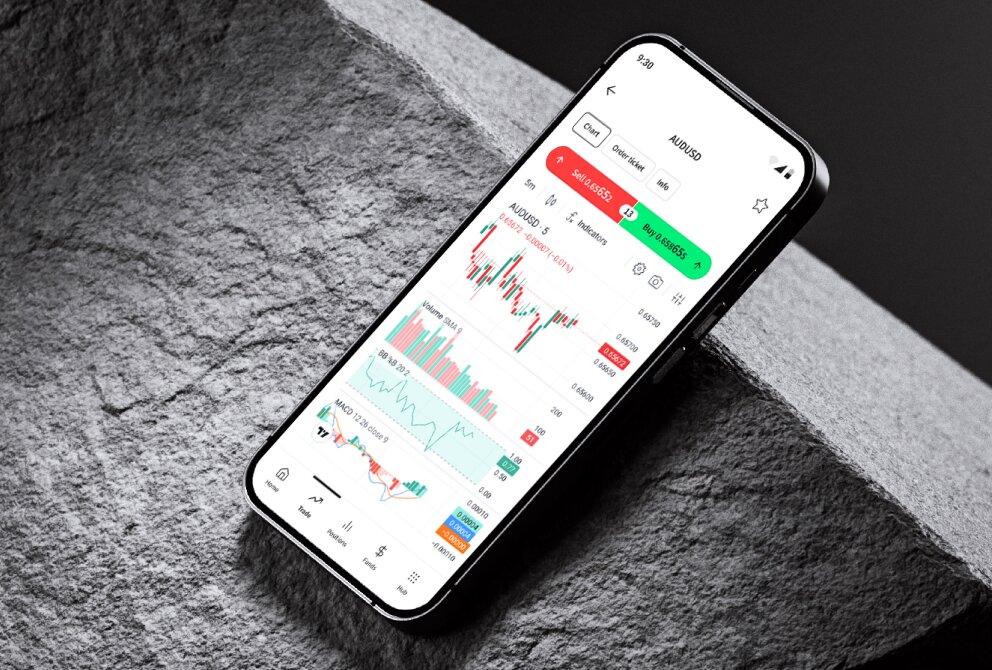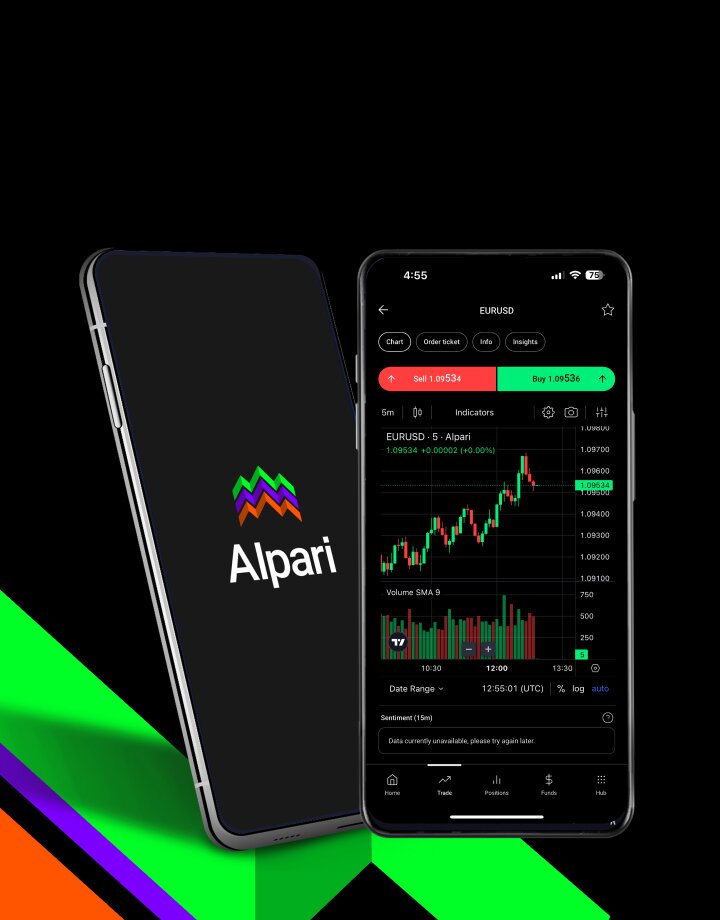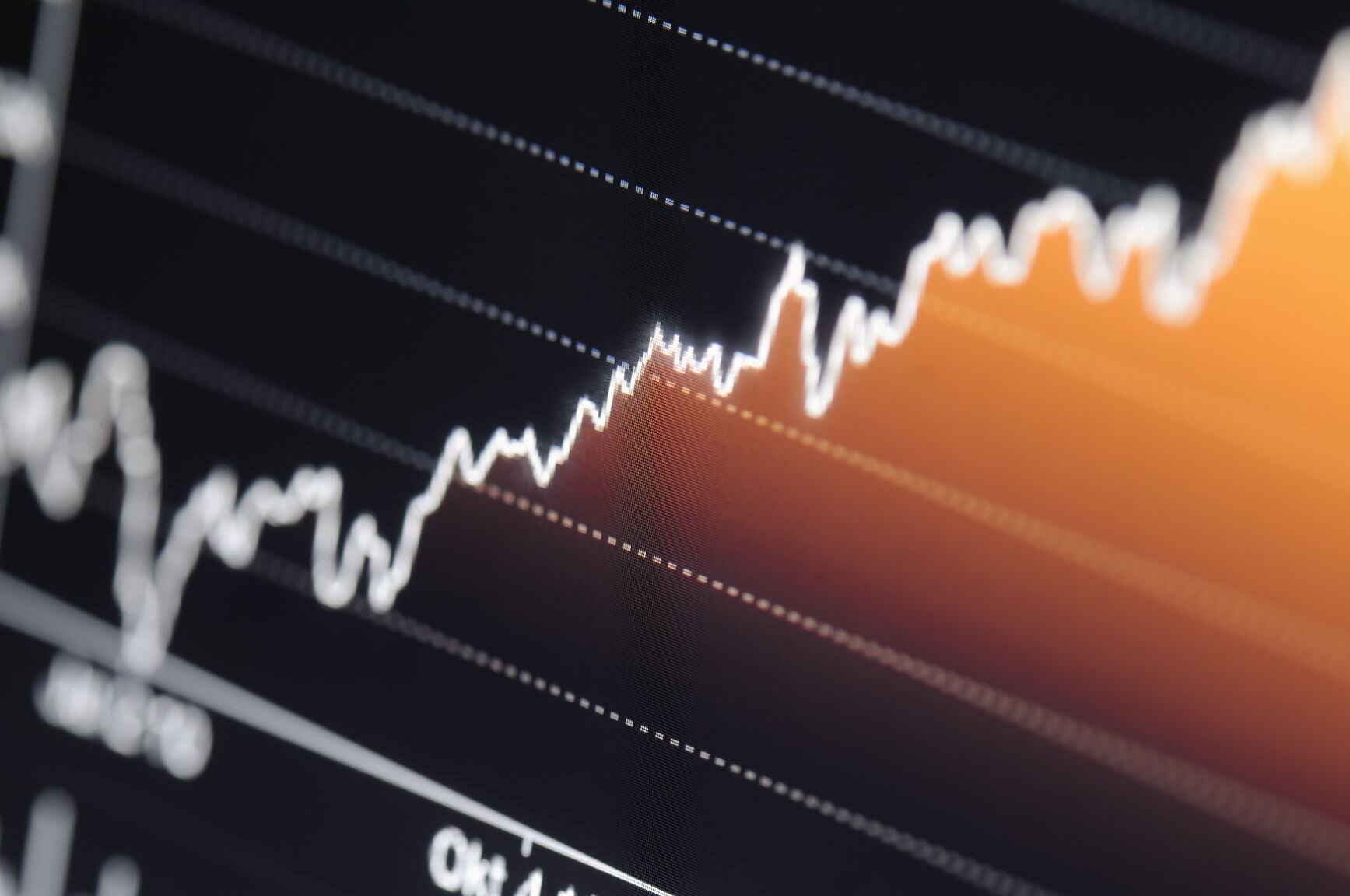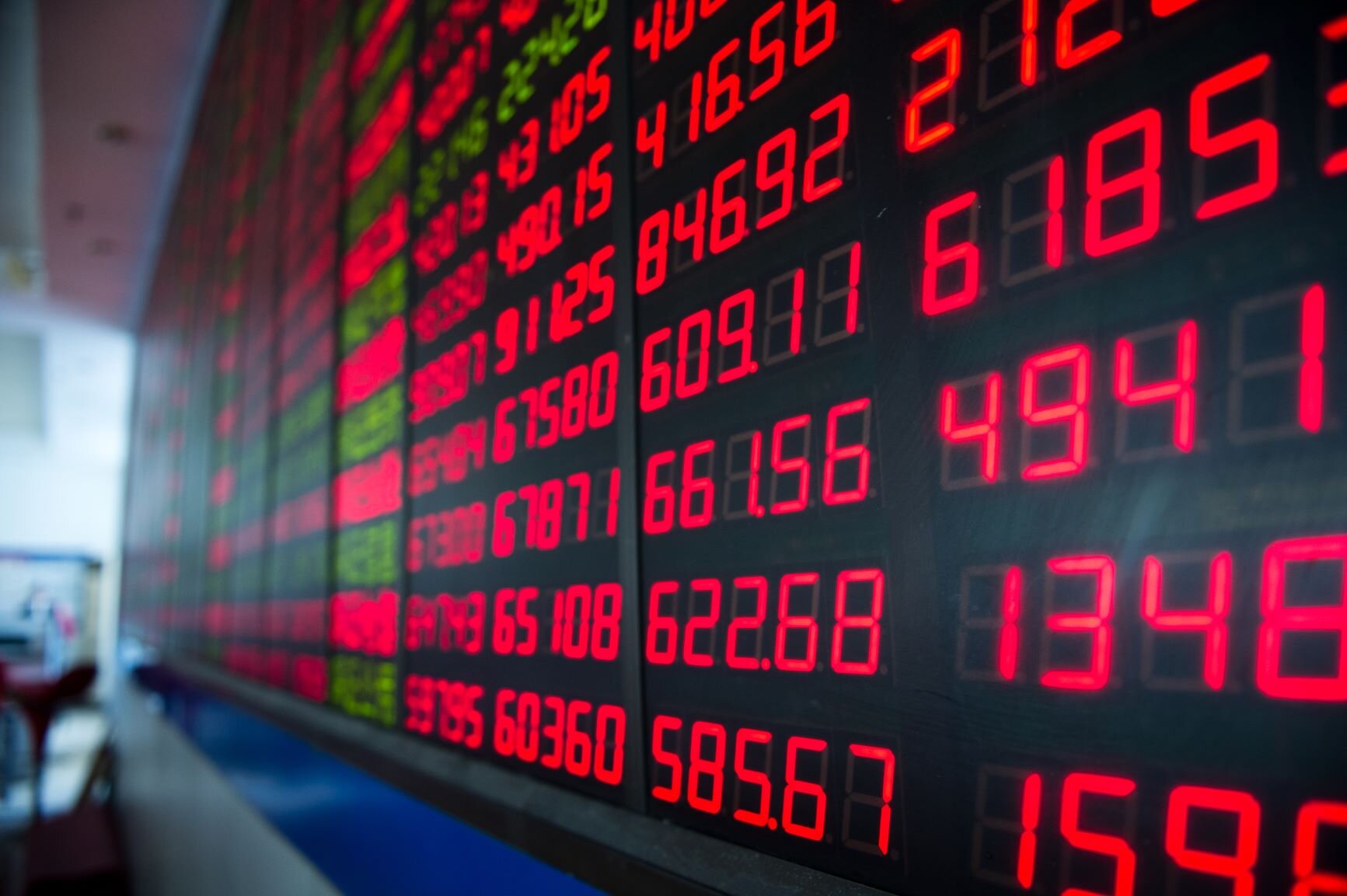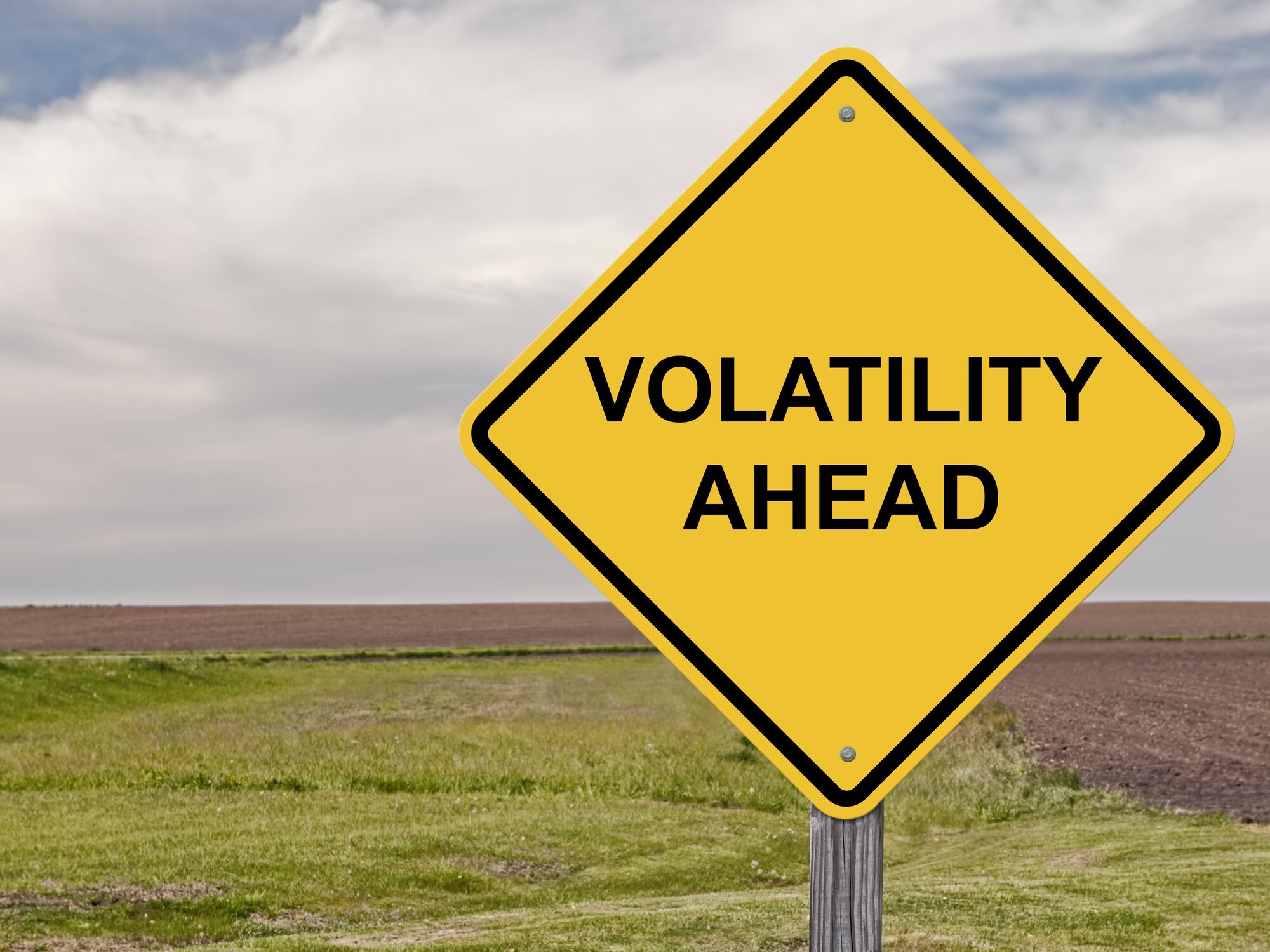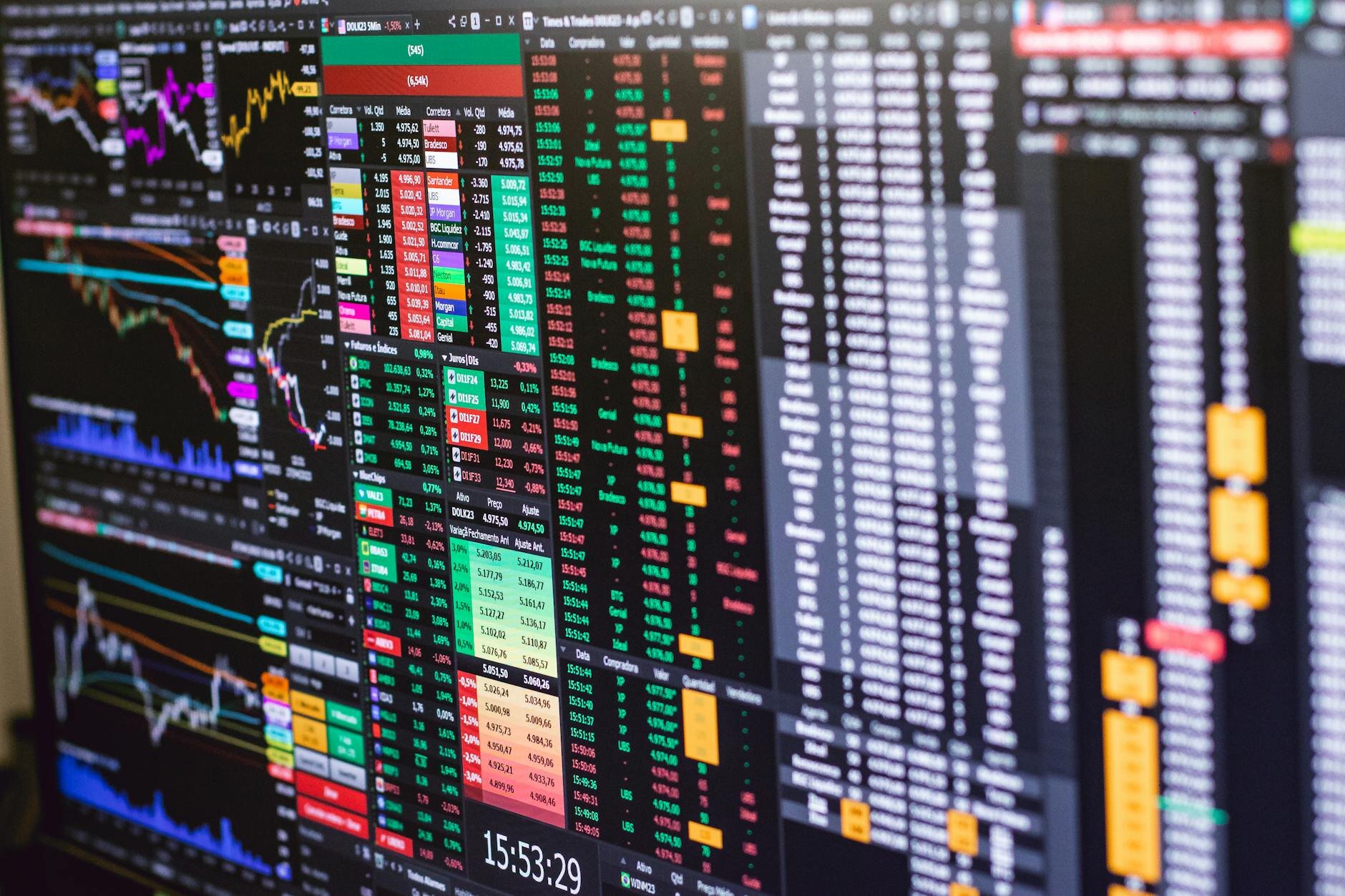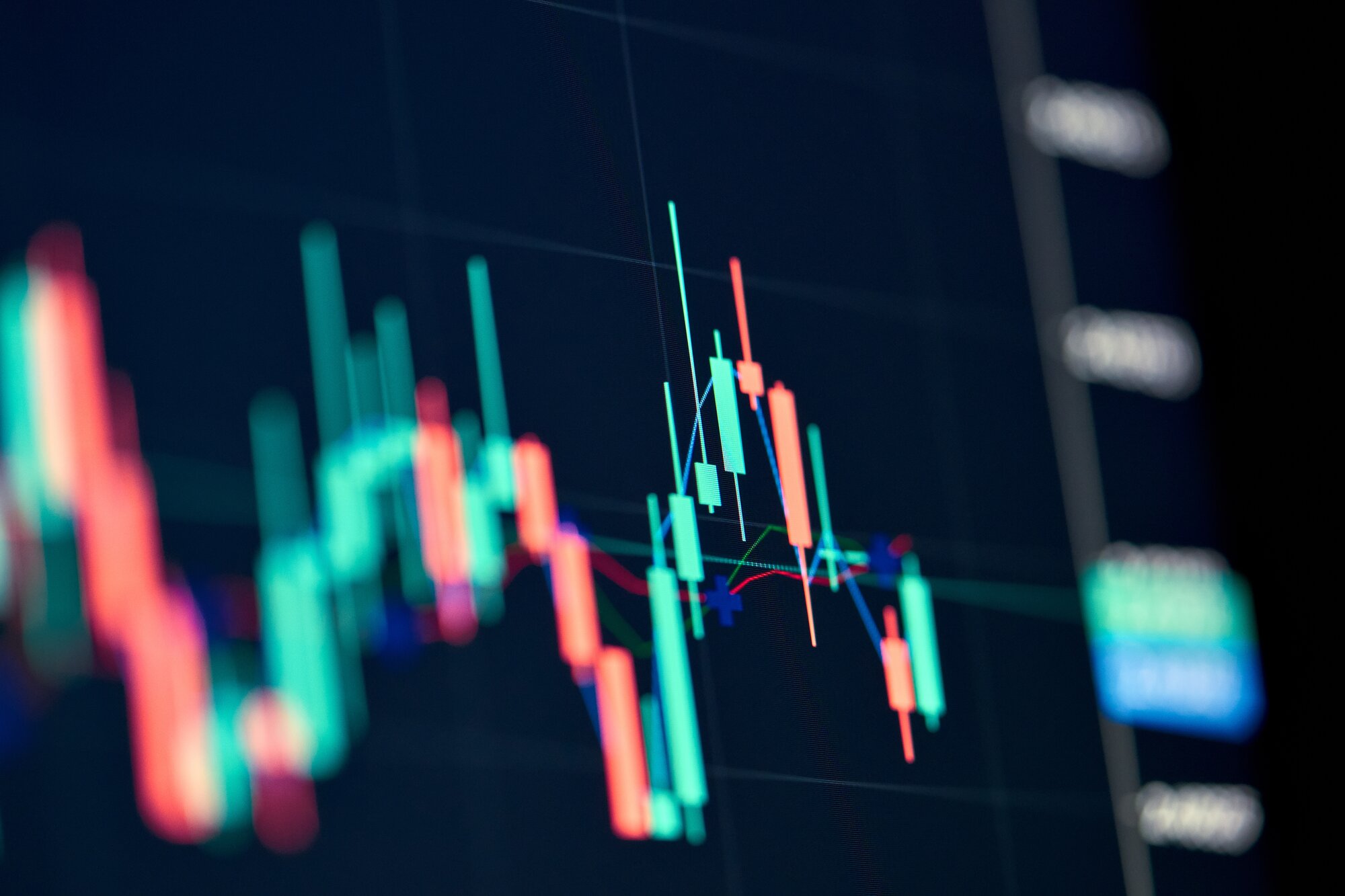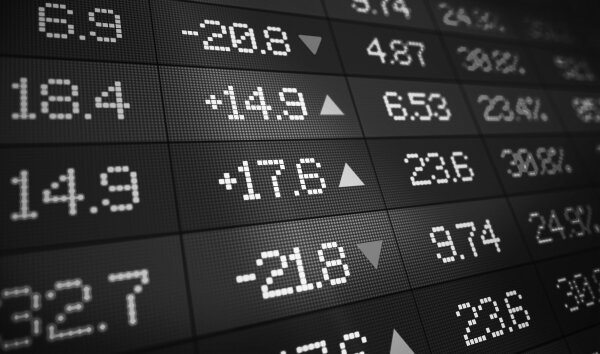
Trading Forex
Forex, or FX, short for foreign exchange, is the largest and most liquid financial market in the world. Currencies play a crucial role in global trade, and their values can fluctuate rapidly due to various economic, political, and geopolitical factors.
CFD trading allows you to speculate on the price movements of currency pairs without actually owning the underlying currencies. This opens up a world of opportunities to profit in both rising and falling markets.
CFD trading offers great opportunity for those looking to participate in the FX market. One of the key benefits is leverage, which allows you to control a larger position size with a smaller amount of capital. This magnifies potential profits, but it's important to remember that it can also increase the risk of losses.
What is forex trading?
Forex trading, or FX trading, is the process of exchanging one currency into another.
Here's what it's all about.

What are the benefits of forex trading?
Forex is the largest and most liquid financial market in the world.
Click below to discover why trillions of forex trades take place every day.

How to trade forex CFDs
CFD trading offers great opportunity for those looking to participate in the FX market.
Wondering how do I start trading forex? Here's how it works.

TRACK THE MARKETS
Live Forex prices
How to trade forex with Alpari
The latest forex news and insights
Frequently asked questions
When you trade Forex, you own the currency itself. Forex CFDs, on the other hand, allow you to speculate on the price movements of Forex without ever owning the currency.
A key advantage of CFDs is that you're able to enter contracts for prices falling (going short), as well as rising (going long) and, as such, have financial opportunities irrespective of which way the market is trending.
All trading comes with risk and CFD trading is no different.
We strongly encourage you to take your time, do your research, and practice good risk management.
The Alpari Academy is a good place to start learning about trading Forex CFDs and we have excellent analysis tools that can also help you balance risk with reward.
Leverage is like a loan of sorts, based on ratios. For example, if the leverage offered is 1:100, then for every $1 you put down as capital on your trade, we'll 'lend’ you $100.
This means that you have access to larger trade sizes without the capital outlay. Trading currencies online with leverage is high risk, and you should be aware that while it can boost any potential profits exponentially, it can also increase losses.
Please don’t enter a CFD trade without understanding the potential financial risk.
Forex CFDs are available on all Alpari trading accounts, but contract specifications in terms of spreads, lot sizes, swap values and leverage may differ from account to account, and instrument to instrument.
Typically, the higher-tiered accounts require larger deposits, but offer more favourable conditions.
Forex is traded across the globe through a variety of financial institutions.
For retail forex trading, the majority of transactions take place through established forex exchanges in London, New York, Tokyo and Singapore.
One of the advantages of the forex market is the fact it is open to traders 24 hours a day, 5 days a week.
The forex market opens every Sunday 9pm UTC and closes Friday 9pm UTC.
By far the most popular forex pairs are what is known as the 'forex majors' - responsible for around 80% of daily trade volume.
The majority of forex trades involve the US Dollar (USD), with the single most traded pair being Euro / US Dollar (EUR/USD).










